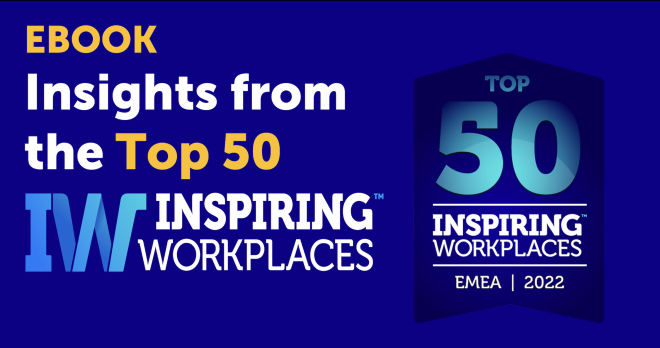
04th July 2024
Navigating Loneliness in the Modern Workplace

The modern workplace significantly influences loneliness, despite increased digital connectivity. Remote and hybrid work have reduced social interactions, contributing to feelings of isolation. Strong relationships at work enhance mental and physical health. Employers can combat loneliness by fostering purpose, engagement, belonging, and learning through meaningful work, collaboration, and supportive environments.
Read the original article written by Tracy Brower and published in Forbes.
It’s a conundrum: while you might be hyper-connected on social media and in the digital world, you may also feel disconnected in real life.
The epidemic of loneliness is real, with the U.S. Surgeon General reporting that up to half of people struggle with loneliness. Work plays a significant role in this issue.
With the significant increase in remote and hybrid work, social interactions have shifted as well, leading to day-to-day activities that require less human interaction.
As a result, work has taken on an expanded role and significantly affects well-being, as it is a place where loneliness, isolation, and mental health issues can be alleviated.
Loneliness Is Widespread and Damaging
Having a few close friends has a greater effect on health outcomes than habits related to diet, exercise, or drinking, and about the same as smoking. Better relationships result in improved mental health and reduced risks of high blood pressure, heart disease, cancer, and dementia, according to research by Brigham Young University.
Similarly, people with healthy, strong relationships experience reduced depression and anxiety and greater longevity, based on a study by the University of Barcelona. Both introverts and extroverts need connections, though they may have different needs for the amount and frequency of interactions.
Despite 75% of people saying they make friends at work, according to YouGov data, many feel they are getting less connection there.
The number of workers who believed someone at work cared about them has dropped from 47% in 2020 to 38%, according to Gallup data. Only 68% of workers say they know their co-workers on a personal level today, compared with 79% in 2019, based on data from BetterUp. Additionally, 69% of people are unsatisfied with their social connections at work, and 43% don’t feel connected with their co-workers, according to a survey by BetterUp.
Interestingly, superficial interactions are correlated with happiness. Even interacting with strangers leads to greater happiness, according to a study by the University of Chicago. Just chatting with a barista when ordering a coffee improved people’s moods, based on research by the University of British Columbia.
However, we don’t talk to people in our communities as much as we used to. We’ve elevated convenience over connection. Apps allow us to order our latte virtually, rather than interacting with a human. Deliveries at our doorstep mean we don’t chat with the checkout person anymore. Participation in religious and community activities is also lower today, leaving us feeling unmoored and distanced from our communities.
As a result, work has an expanded role to play. It is where we can feel seen, make a contribution, and interact superficially as well as form more meaningful relationships—and even feel joy.
5 Ways Work Can Reduce Loneliness
Employers can reduce loneliness and significantly impact mental health by creating conditions for people to come together, find each other, and participate in meaningful work.
Read the full article to learn the 5 ways work can reduce loneliness: How The Modern Workplace Affects Loneliness
The Inspiring Workplaces Awards are open!
3 ways to be Recognised: Organisations, Individuals and Vendors.






